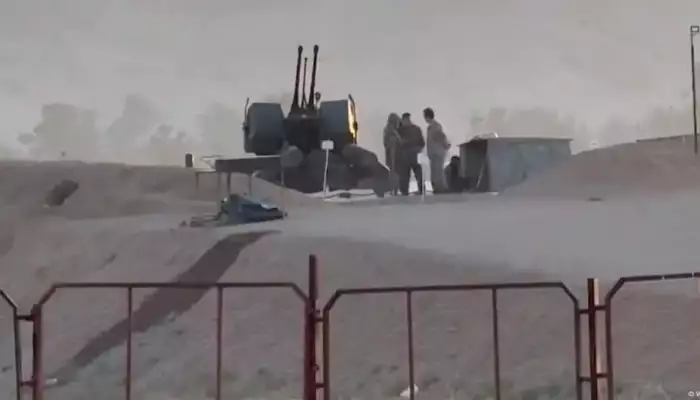
The International Atomic Energy Agency (IAEA) passed a censure motion against Iran on Thursday, ordering it to immprove its cooperation with the agency and requesting a "comprehensive report" into Tehran's efforts early next year.
Iran and the IAEA have been at loggerheads on a range of issues including Tehran's failure to explain traces of uranium at two undeclared locations, the barring of some of the agency's leading uranium-enrichment experts and its refusal to facilitate expanded IAEA monitoring.
Like previous iterations from November 2022 and June 2024, the latest resolution repeats the "essential and urgent" need for Iran to provide "technically credible explanations" for the uranium traces and allow IAEA analysts to take samples as required.
The new text also requests that the IAEA compile "a comprehensive and updated assessment on the possible presence or use of undeclared nuclear material in connection with past and present outstanding issues regarding Iran's nuclear program, including a full account of Iran's cooperation with the IAEA on these issues."
The resolution, which was passed following a motion tabled by the United Kingdom, France, Germany and the United States at the IAEA's 35-nation Board of Governors, was dismissed by Iranian officials as "politically motivated."
Iran's ambassador to the IAEA, Mohsen Naziri Asl, claimed the motion had "low support," having passed with only 19 votes in favor. China, Russia and Burkina Faso voted against the text, while 12 abstained. Venezuela didn't participate at all.
"If there is a resolution, [Iran] will either increase its activities or reduce the agency's access," one senior diplomat predicted to the French AFP news agency ahead of the vote.
He was proven right when, moments after the vote, Iranian state media cited a joint statement by the foreign ministry and the Atomic Energy Organization of Iran saying nuclear chief Mohammad Eslami had issued orders for the activation of new, advanced uranium-enriching centrifuges.